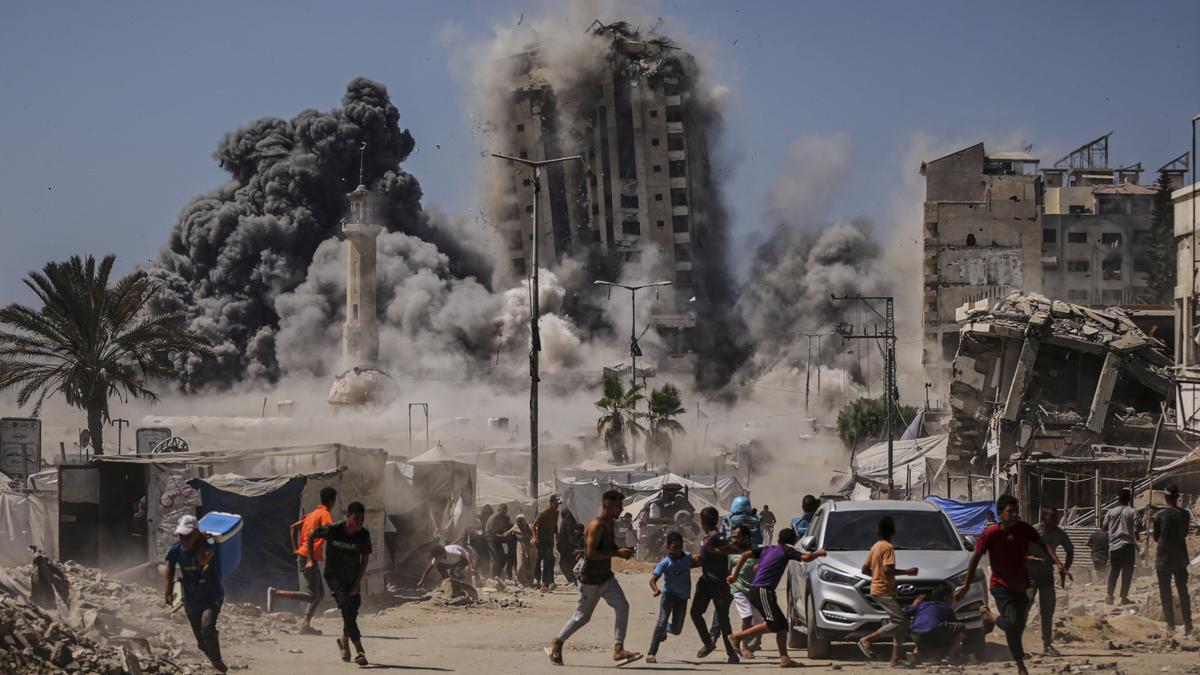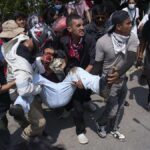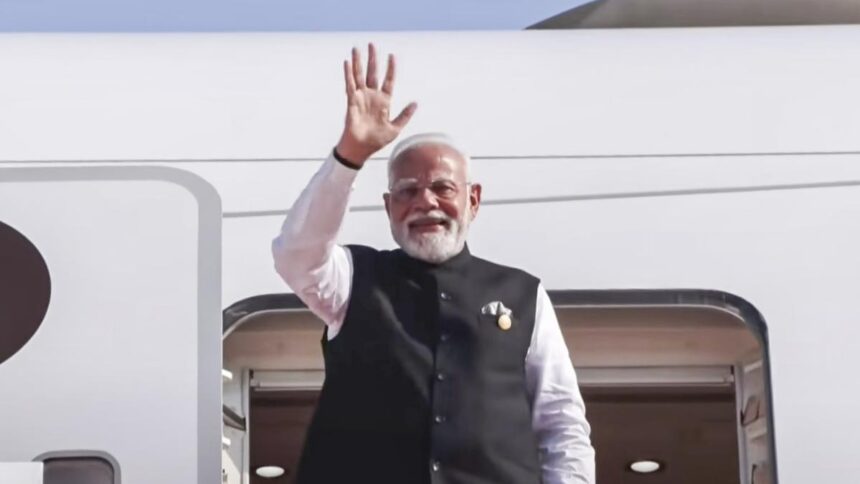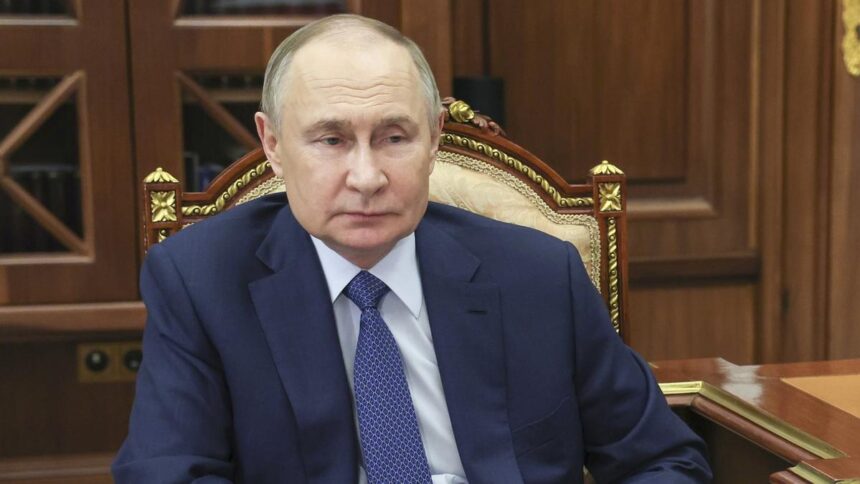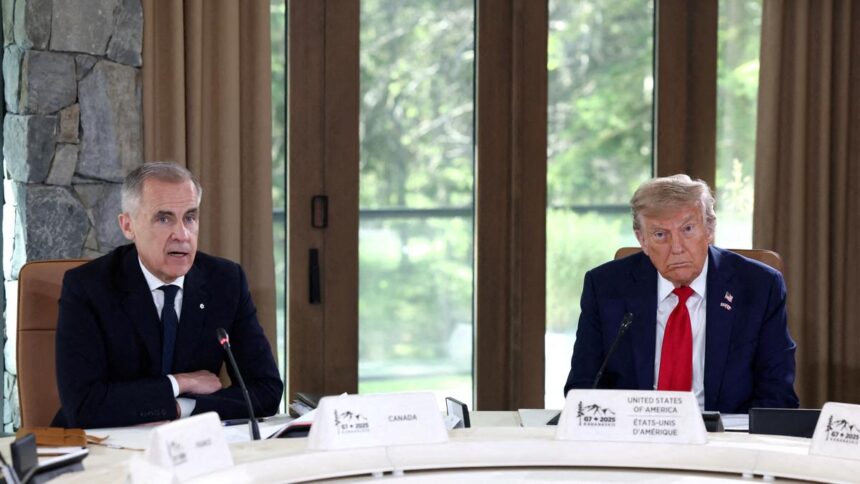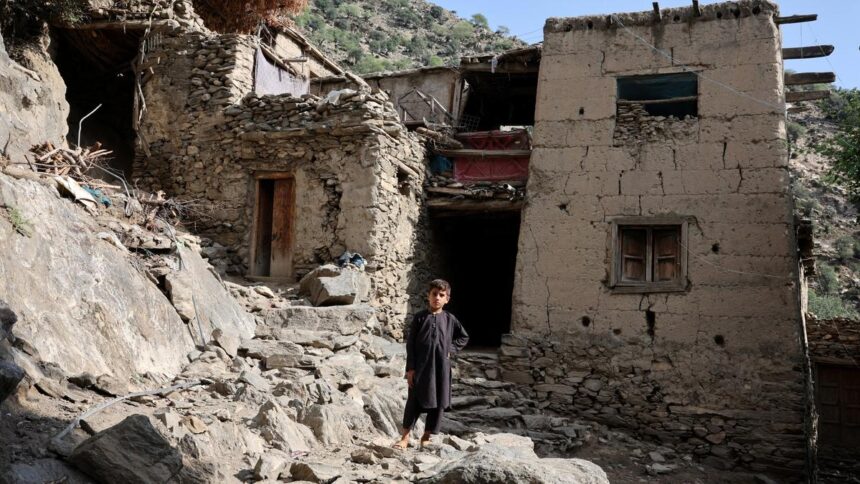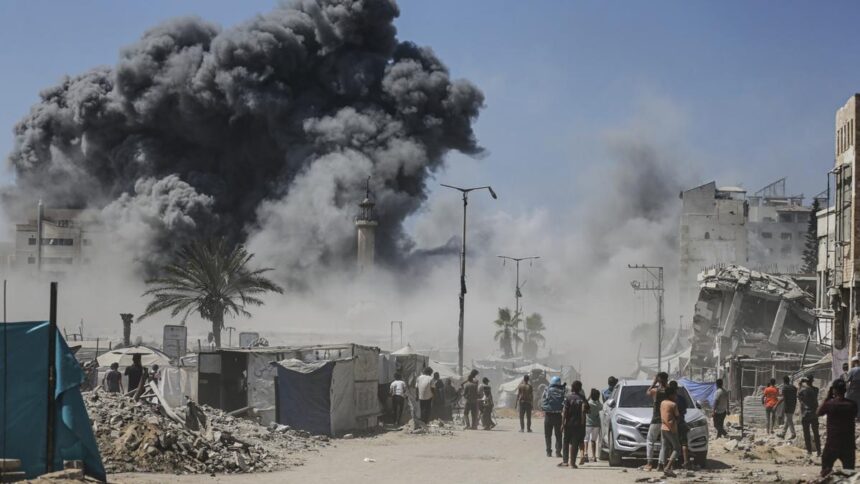In August, as part of a group of 500 scientists and academics, we petitioned the International Olympiad on Astronomy and Astrophysics (IOAA) regarding Israel’s participation. The IOAA, held in Mumbai from 11-21 August with 63 countries participating, is one of the major science Olympiads designed to identify talented high-school students. The Olympiads are a matter of significant national prestige in Israel and the government showcases the performance of its teams as evidence of scientific progress.
Our petition proposed that Israel be suspended as a national team, which would require students and team leaders to participate as individuals and without an official Israeli flag. Our goal was to convey disapproval of Israeli policies and reduce the Olympiad’s propaganda value for the Israeli government, while having as little impact as possible on the students themselves. Similar sanctions have been applied to Israel in the Informatics Olympiad and to Russia and Belarus in several Olympiads and the Olympic games.
The IOAA is governed by an autonomous international board with 120 members and representatives from every participating country. The board, which had already discussed this issue last year, considered our petition, together with other evidence including testimony from the Palestinian delegation on the deleterious impact of Israeli policies on Palestinian students. After extensive discussion, it approved the proposal with an overwhelming majority. Since Israel did not send a team this year, the board’s decision will be effective from next year should Israel choose to participate.
Rift among Indian academics
The Israeli embassy reacted furiously. Consul General Kobbi Shoshani suggested that the Olympiad “change Albert Einstein’s relativity theory” to “Hamas’ political theories”. More troublingly, 300 Indian academics — among them directors of two IITs and vice chancellors of several universities — asked the Prime Minister’s Office to take “strict and appropriate action” against seven signatories of the original petition, including the two of us, and the President of IOAA. Their complaint claimed that the scientists’ petition had “completely overshadowed and sidetracked our efforts at becoming Vishwaguru”.
This complaint is puzzling since the decision was taken by the IOAA’s board and not by the signatories, none of whom are members of the board. The IOAA’s President had no involvement with the petition, beyond relaying it to the board, as he was duty bound to do. Moreover, the PMO has no role to play and the IOAA has clarified that its “board is an international body founded on democratic principles, and deliberations in its meetings are independent of the host country”. Nevertheless, this controversy should prompt us to think about the responsibility of Indian academics in the face of the ongoing genocide in Gaza.
10% of population erased
Israel has killed more than 63,000 people in Gaza since 2023. Leaked data indicates that the Israeli military itself estimates that 83% of its victims were civilians. Israel has destroyed or damaged more than 90% of schools in Gaza and the World Health Organization estimates that it has damaged 94% of Gaza’s hospitals. In July 2024, experts writing for The Lancet estimated that the breakdown of civic systems and food shortages could lead to more than three additional deaths for every direct victim. This implies that Israel’s campaign might have caused the deaths of more than 10% of Gaza’s population of 2 million people.
The UN has officially declared a famine in Gaza, with the UN Secretary General calling it a “man-made disaster”. The UN Under-Secretary General, Tom Fletcher, pointed out that this is a “famine within a few hundred metres of food” where “food stacks up at borders because of systematic obstruction by Israel.”
Israel’s supporters sometimes argue that its continued campaign is necessary to ensure its security in the aftermath of the attack of 7 October 2023. But former Israeli security chiefs undercut this justification in August 2025 by calling on their government to end the war. This echoes calls made by families of the remaining hostages in Gaza, who have been frustrated by the Israeli government’s refusal to strike a deal to secure their release.
The Israeli minister, Amichay Eliyahu, provided a frank explanation for Israeli policy in July, declaring that the government was “rushing toward Gaza being wiped out.” This continues a tradition of dehumanization of Palestinians and a refusal to recognise their right to their own lands that has been a central element of Israeli polity since 1948, when 750,000 Palestinians were displaced to make way for the founding of Israel, in what Palestinians called the ‘Nakba’.
Einstein and other Jewish leaders described a particularly gruesome event from the Nakba in a letter to the New York Times: “terrorist bands attacked [the] peaceful village” of Deir Yassin, “killed most of its inhabitants … and kept a few of them alive to parade as captives.” This letter was written to denounce Menachem Begin who was one of the leaders of these violent groups and went on to become the Prime Minister of Israel in 1977. Begin founded the Likud party that continues to rule Israel today.
It makes no sense to pretend that science and cultural events can go on as usual, in the face of the historic crimes unfolding in Gaza. It is our duty, as academics and scientists, to do everything in our power to put pressure on the Israeli government to change its policy.
It is distressing that some of our colleagues have instead chosen to disregard or defend Israel’s actions. The responses we find on social media are even more troubling since some people in India refuse to recognise the rights of Palestinians to live with dignity and freedom, merely because of their religion.
Therefore, the debate over the scientists’ petition to the IOAA should be viewed as part of a broader struggle for communal harmony and academic freedom within India. We are proud that so many Indian academics signed this petition. It shows that many of us still stand for democratic rights and with India’s anti-colonial traditions.
Suvrat Raju is a theoretical physicist with the International Centre for Theoretical Sciences (Bengaluru) and Alok Laddha is a theoretical physicist with the Chennai Mathematical Institute. The views expressed are personal and do not reflect the views of their institutions.
Published – September 10, 2025 01:45 am IST








